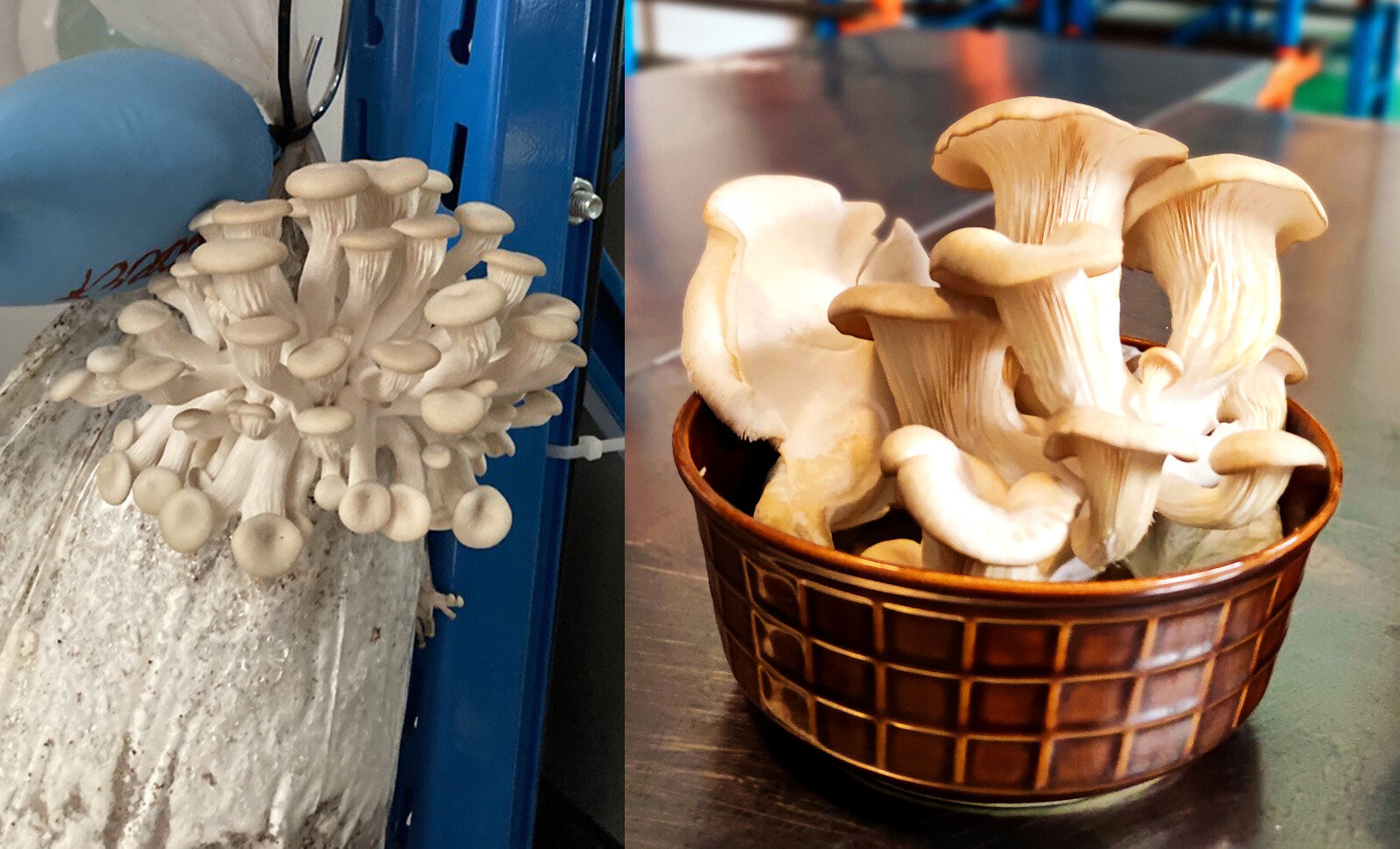During the 2023 Zero Waste Week, we at Milgro learned a lot about improving our organic waste streams. We started the week with only one “green container” for our GFT waste. During the week, we thought about ways to optimize this stream and ended up implementing some new and sustainable initiatives. Below we share our main experiences, the steps we took to improve our organic waste streams and share tips to inspire you.
New options for our organic waste stream
1. The Worms Hotel
One of the initiatives we added was a worm hotel for our office waste. This was a valuable addition to our regular GFT collection, but it also brought new challenges. Adding the worm hotel resulted in a more complex waste management structure because we separated our organic waste into two streams: one for regular GFT and one for the worm hotel. It took effort to train our colleagues on what worms do and do not eat and what should be thrown in which bin.

An important lesson to share here is to involve our facilities department in this process. This is because the introduction of the worm hotel had the biggest impact on their daily operations. Since we do not have worm experts in our organization, it turned out to be a good option to enter into a maintenance plan with a specialized company such as Compost Community, for example.
With renewed enthusiasm, we continue with this solution. Starting this Zero Waste Week, in close consultation with the Compost Community, we will offer all of our organic waste to the worms. The second bin we offered as GFT is thus completely dropped. We also bring a contaminated paper stream, normal residual waste, towards the worm hotel, which again saves on waste costs. And how nice to harvest our own compost in a while!
2. Growing oyster mushrooms on coffee grounds
Another out-of-the-box option we tried was growing oyster mushrooms on coffee grounds. This turned out to be an excellent choice for team building and a more sustainable approach to our waste. We interviewed our colleague Marisa, who was very enthusiastic about this idea. Together with our Impact Manager Nienke, she took on the task of packing the coffee grounds into bags with a substrate and hanging them in a bright, but not immediately sunny spot in our office. All employees could follow the process of the coffee grounds turning white, and as soon as this happened, Marisa or Nienke made holes in the bag so that the oyster mushrooms could grow through the holes.

After a short period, the oyster mushrooms were ready to be harvested, and Marisa and Nienke gathered a team of enthusiasts to make vegetarian oyster mushroom bitterballs. After preparing the ragout, adding a breadcrumb coating and deep-frying, we had a delicious treat for 'Friday afternoon drinks'. Although this process is time-consuming - preparing the bags takes about 45-60 minutes - Marisa remains enthusiastic about growing oyster mushrooms. However, due to other priorities, we stopped this initiative for now. Marisa suggested that forming a team of eight volunteers would help with planning and support during vacations or busy times.

What to do with the coffee drab?
Currently, we give the coffee grounds to our worms, who love them. Another option Marisa suggested is drying the coffee grounds and mixing them with potting soil to increase the nutritional value.
By the way, there are alternatives if your organization is not ready to grow its own oyster mushrooms but finds the idea appealing. There are mushroom growers who will pick up coffee grounds at your office.
Conclusion
Our experiences during Zero Waste Week gave us valuable insights into managing organic waste streams. Implementing a worm hotel and growing oyster mushrooms are not only sustainable, but also excellent ways to foster team spirit and commitment to sustainability initiatives. For businesses with a chef or dedicated team of enthusiasts, we highly recommend growing your own mushrooms. It is a perfect way to combine sustainability and team building.
Want to learn more about how your company can handle organic waste more sustainably? Contact us and let's make the ecologically and economically best choices together
Tips or ideas?
Do you have tips or ideas for preventing waste streams? Let us know! We would love to hear what you are doing to reduce food waste or avoid packaging waste, for example. We will include your suggestions in our liveblog where we discuss innovative solutions for various waste streams.










